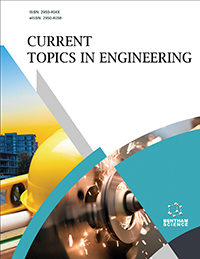Abstract
Background: The Micro-Electro-Mechanical System (MEMS) resonator has been widely used in specific fields such as activity monitoring, robotics, accelerometers, gyroscopes and filters. Various relevant papers and patents have been reported in terms of behavior and modeling of the MEMS resonator under electrostatic excitation. However, some important issues are not well-studied for interdisciplinary research yet. How to achieve anti-oscillation control of the MEMS resonator with non-symmetric dead-zone input, immeasurable states and output constraint becomes a thorny question.
Objective: To stabilize the MEMS resonator, an anti-oscillation control scheme of the MEMS resonator with non-symmetric dead-zone input, immeasurable states and output constraint is proposed in an oscillation state.
Methods: Firstly, the mathematic model of the MEMS resonator is established, and the related oscillation is revealed for facilitating controller design. Secondly, a state observer is introduced to estimate immeasurable states, and an adaptive neural network is designed to approximate unknown nonlinear function. Thirdly, non-symmetric dead-zone characteristic existing in the control input is introduced, and a tangent barrier Lyapunov function is employed for the MEMS resonator to prevent constraint violation. Finally, an anti-oscillation control scheme fused with neural network, state observer and tangent barrier Lyapunov function is proposed without precise information of dead zone and model parameters in the framework of backstepping.
Results: The proposed method can guarantee stability of the MEMS resonator in the sense of uniform ultimate boundedness. Chaos and oscillation of actual control input are completely suppressed in the MEMS resonator.
Conclusion: The presented scheme can improve system performance and suppress high frequency chattering. The effectiveness and feasibility of the presented scheme are demonstrated by results.
Keywords: Adaptive control, anti-oscillation control, backstepping, chaos, MEMS resonator, observer, state constraint.




























